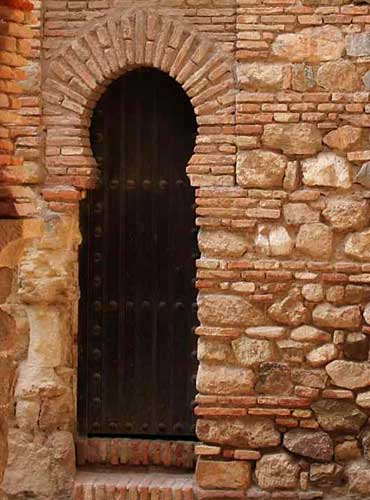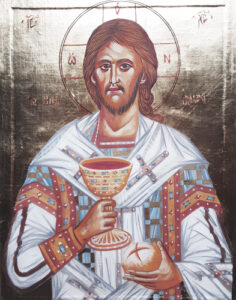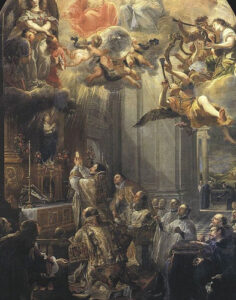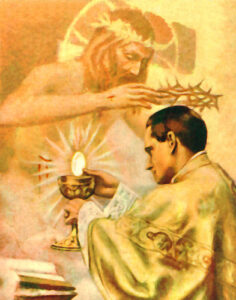October 26th, 2022 – Wednesday of the Thirtieth Week of Ordinary Time
Today’s beautiful, yet dense, Gospel, presents us with plenty of food for thought regarding the way we live our lives and follow Christ. There are three things we can consider: first, the question posed to Jesus, second, His reply, and third, the analogy that Christ uses to clarify.
The first thing that calls our attention in the Gospel is that Jesus doesn’t answer the question posed to Him. He is asked “Will only a few people be saved?” and instead replies about how to be among those who make it to heaven. Instead of “how many,” Jesus simply answers with a “how.” The very asking of the question indicates that the one asking it missed the point: what do terms like “many” and “few” mean when we’re talking about salvation, about going to see God face to face, or being condemned to an eternity without Him? God, who is a loving father, “wants everyone to be saved” (1 Tim 2:4); to lose even one soul for all eternity is a terrible loss, since Christ came into the world, suffered, and died precisely to save sinners. The very asking of the question shows the one who asked it didn’t grasp this reality.
This leads to our second point: what does Jesus say? “Strive to enter through the narrow gate.” The word strive doesn’t do justice to the Greek αγωνίζεσθε (agōnizesthe), from which our English word agonize derives. It’s the same word Saint Paul uses when he speaks of “fighting the good fight” (1 Tim 6:12), and “every athlete exercises discipline in every way. They do it to win a perishable crown, but we an imperishable one” (1 Cor 9:25). The point is that it requires a constant and serious effort, an effort that could be described as an agony, not merely an occasional attitude or deed.
Likewise, we have to go to the right place. Where is the narrow gate? Christ Himself tells us in the Gospel according to John: “I am the gate. Whoever enters through me will be saved” (Jn 10:9). Christ Himself is the gate, and we must enter through Him; getting into heaven, then, means not only knowing Christ, but rather passing through Him, meaning, by means of following His teachings and through faith in Him. An abstract faith in Christ, one that is not lived, doesn’t save; rather, we must follow Him on the Royal Road of the Cross.
In order to emphasize this, Christ uses the analogy of the master of the house barring the door. Some scholars have said that this was common practice among rabbis: if students came late, they would find the door barred so they would learn to be more prompt the following week. Coming late meant their dedication was only half-hearted, and wasn’t a total commitment on their part.
Today, then, we can ask ourselves about our faith: how do we view God and our heavenly reward? How earnestly are we striving to reach that goal? Even more, how do we view the crosses that Christ sends our way? Saint Gemma Galgani once recalled that Jesus told her: “Do you know, daughter, for what reason I send crosses to souls dear to me? I desire to possess their souls, entirely, and for this I surround them with crosses, and I enclose them in sufferings and tribulation, that they may not escape from my hands; and for this I scatter thorns, that souls may fasten their affections upon no one, but find all content in Me alone. My daughter, if you do not feel the cross it cannot be called a cross. Be sure that under the cross you will not be lost. The demon has no strength against those souls who for My love groan under the cross. O My daughter, how many would have abandoned Me if they had not been crucified. The cross is a gift too precious, and from it come many virtues.”
Today, let us ask, through the intercession of Mary, the Gate of Heaven, for the grace to enter the narrow gate by following Christ with our crosses.







